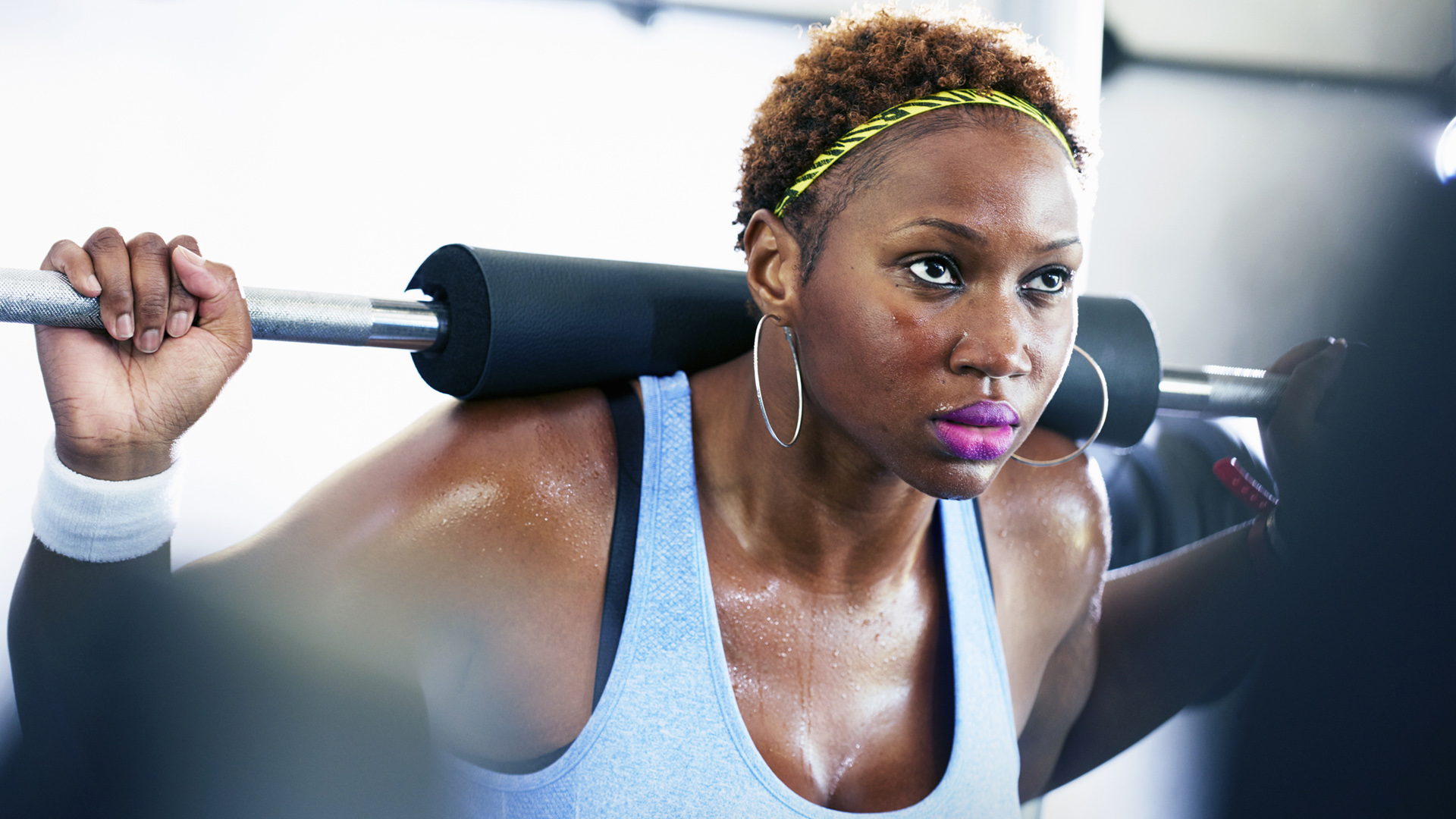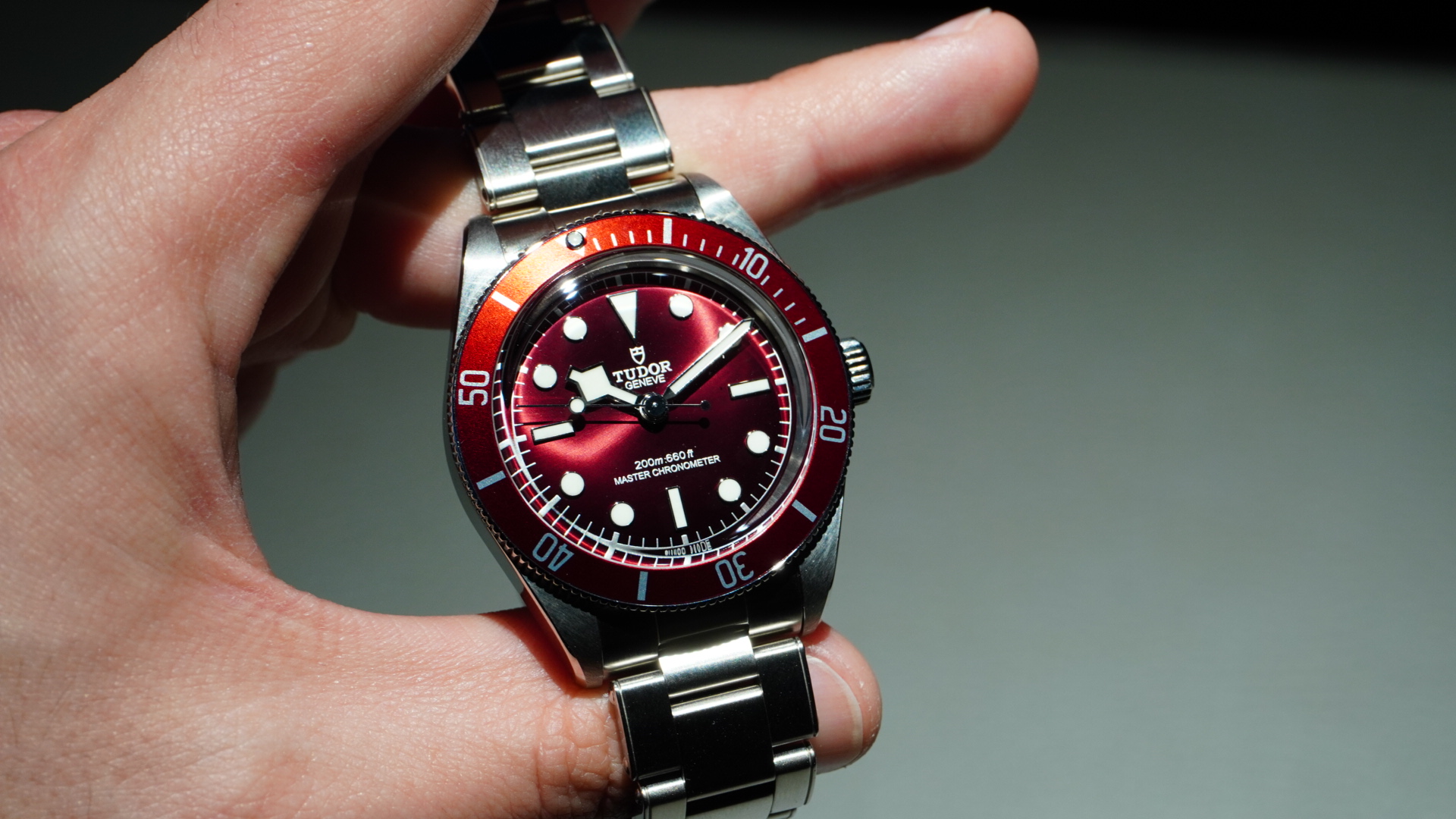

Let's face it: many people who go to the gym won't see results, maybe ever. Some will give up on their efforts prematurely, but others, even those who stay dedicated and put the work in, might not get as big as Arnie was in the 70s. Why? Science says it could be because they don't focus on their muscles as they work out. Your gym bros were right: the mind-muscle connection is real!
What's the mind-muscle connection, you might ask? It's the act of focusing solely on the muscles you're trying to work by dedicating all your attention to them as you perform the exercise. You'll see many bodybuilders staring at the mirror while they curl those dumbbells and barbells – they concentrate on their muscles just as much as they admire their physiques.
Mind-muscle connection – 'Do you even focus, bro?'
And if a relatively recent study is to be believed, these lifters might be onto something. The research saw 18 resistance-trained men perform a one-rep max (1RM) test during the first session. In the second session, three different bench press conditions were performed with intensities of 20, 40, 50, 60 and 80% of the pre-determined 1RM: regular bench press and bench press focusing on selectively using the pectoralis major and triceps brachii, respectively.
To translate, participants were asked to do three sets of bench presses, focusing on different areas each time. They did one set without doing anything special, while during the second and third sets, they had to pay attention to their chest muscles and triceps, respectively.
During the sessions, surface electromyography (EMG) signals were recorded for the triceps brachii and pectoralis major muscles. Subsequently, "peak EMG of the filtered signals were normalized to maximum maximorum EMG of each muscle", the research paper says. Essentially, the researchers monitored electrical activity in the muscles.

It's worth paying attention to your body when you work out
"In both muscles (pectoralis major and triceps brachii), focusing on using the respective muscles increased muscle activity at relative loads between 20 and 60 %, but not at 80 % of 1RM", the paper says. Better still, "the increased activity [in a specific muscle group] did not occur at the expense of decreased activity of the other muscle, e.g. when focusing on activating the triceps muscle, the activity of the pectoralis muscle did not decrease. On the contrary, focusing on using the triceps muscle also increased pectoralis EMG at 50 and 60 % of 1RM."
What does this mean? Bodybuilders who work with light to medium-heavy weights will benefit greatly from concentrating on the muscles they are trying to work. Powerlifters and other athletes won't see much of a difference, although they might benefit from paying attention to what's called an 'external focus', such as the weight they're trying to move. The meta-study on this can be found here.
Sign up to the T3 newsletter for smarter living straight to your inbox
Get all the latest news, reviews, deals and buying guides on gorgeous tech, home and active products from the T3 experts
So next time you head down to the gym, don't just fling your arms around like a madman; lift and press those not-too-heavy weights slowly, and pay attention to what you're doing. That way, you might see results sooner.

Matt Kollat is a journalist and content creator who works for T3.com and its magazine counterpart as an Active Editor. His areas of expertise include wearables, drones, fitness equipment, nutrition and outdoor gear. He joined T3 in 2019. His byline appears in several publications, including Techradar and Fit&Well, and more. Matt also collaborated with other content creators (e.g. Garage Gym Reviews) and judged many awards, such as the European Specialist Sports Nutrition Alliance's ESSNawards. When he isn't working out, running or cycling, you'll find him roaming the countryside and trying out new podcasting and content creation equipment.
-
 I tested every new Tudor at Watches and Wonders – my favourite caught me by surprise
I tested every new Tudor at Watches and Wonders – my favourite caught me by surpriseThe Rolex sister brand had a lot to offer
By Sam Cross Published
-
 Warning: Ciele’s refreshed Elite Collection may cause excessive garment envy on race day
Warning: Ciele’s refreshed Elite Collection may cause excessive garment envy on race dayFlex on your run crew with Ciele’s latest drop
By Matt Kollat Published